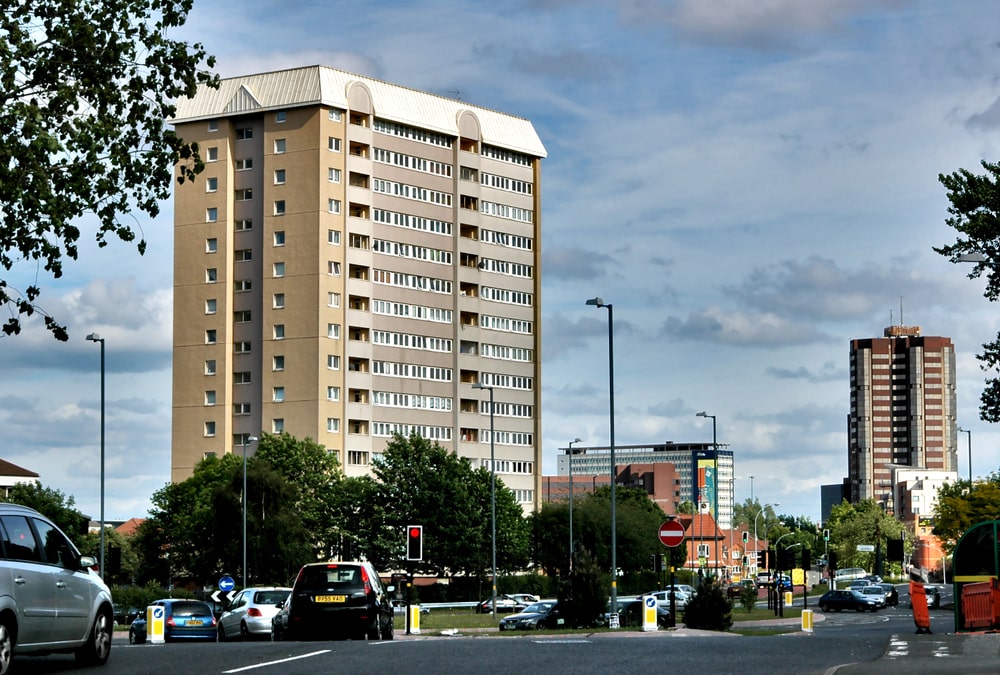Birmingham City Council, in partnership with developer Berkeley St Joseph, has announced a £2.5 billion investment programme for the regeneration of Ladywood. The scheme is set to become one of the most significant housing developments in the city’s history, with plans to deliver up to 12,000 new homes. This major capital project presents substantial, long-term opportunities for contractors and suppliers across the construction industry.
The development, which is currently in the masterplanning and community consultation phase, aims to address the city’s housing needs as outlined in its emerging Local Plan. The project is strategically aligned with central government targets to deliver 1.5 million new homes by 2029. Of the new housing stock, a minimum of 20% will be designated as affordable housing. The agreement also ensures that the number of existing council homes on the estate will be maintained, with all units either fully renewed or replaced to modern standards, creating a significant pipeline for residential contractors and refurbishment specialists.
For the wider supply chain, the regeneration is projected to generate up to 41,000 jobs and create 1,000 apprenticeships, representing a major opportunity for skills development and local employment. A dedicated skills centre will be established to support training and ensure a qualified workforce is available to deliver the extensive works programme. The partnership is currently exploring the location of a potential kickstart site, which will form the first phase of construction and signal the initial wave of procurement opportunities for enabling works, civil engineering, and building contractors.
Since the development agreement was signed in the spring, progress has been made on the pre-construction phase. An independent steering group of local residents has been formed to inform the masterplan, and Planning Aid has been appointed to provide specialist advice during the engagement process. A Resident and Community Charter has also been established, outlining the council’s commitments throughout the regeneration. This structured approach to planning indicates a clear pathway toward large-scale, phased delivery over the next two decades. The project’s scale and strategic importance, announced as Birmingham hosts the inaugural Regional Investment Summit, positions it as a key driver of construction activity and economic growth in the West Midlands for the foreseeable future.







